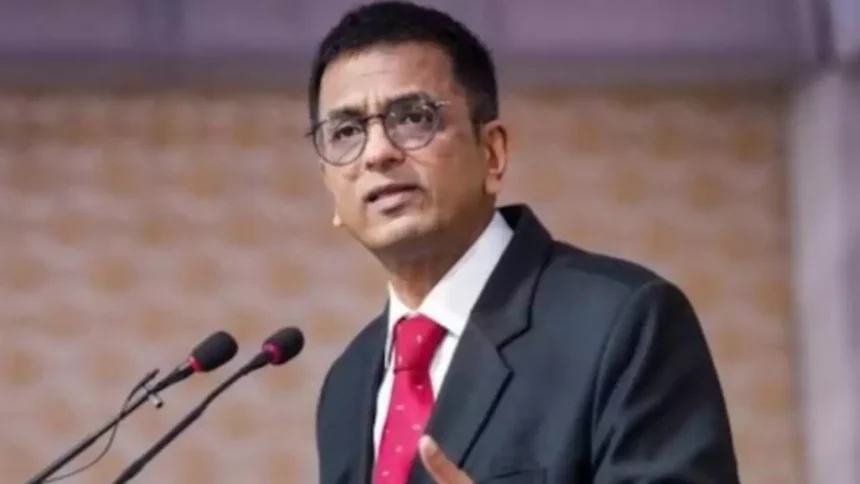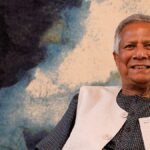In a recent interaction with the press, Chief Justice of India (CJI) DY Chandrachud expressed his unwavering stance on the Supreme Court’s verdict in the same-sex marriage case. Declaring that he holds no regrets regarding the judgment, he emphasized that the outcome of a judgment is never a personal matter for a judge.
Justice Chandrachud’s remarks shed light on the inherent nature of judicial decisions – detached from personal sentiments and grounded in the interpretation of law. The same-sex marriage case, a landmark judgment that marked progress in recognizing equal rights, faced its fair share of scrutiny and acclaim. Despite the diverse reactions, the CJI maintained the principle that a judge’s duty is to interpret the law impartially, upholding justice without allowing personal biases to cloud the decision-making process.
The CJI’s stoic response echoes the judiciary’s commitment to upholding the constitutional values of equality and justice. In the evolving legal landscape, where societal norms and perceptions continually shift, the judiciary plays a crucial role in interpreting and adapting the law to reflect the changing ethos of the society it serves.
Interestingly, Justice Chandrachud chose not to comment on the criticism leveled by jurists and legal professionals concerning another significant verdict – the Supreme Court’s decision upholding the abrogation of Article 370. This deliberate silence underscores the discretion exercised by judges in responding to public discourse on contentious issues.
About Chief Justice DY Chandrachud Stands:
The abrogation of Article 370, which granted special autonomy to Jammu and Kashmir, sparked intense debates on constitutional propriety and federalism. Critics argued that the decision might set precedent for unilateral changes in the constitutional status of states. While legal professionals voiced diverse opinions on the matter, the CJI’s decision to refrain from commenting indicates a commitment to maintaining the dignity of the judiciary and avoiding unnecessary entanglement in public debates.
Justice Chandrachud’s measured approach serves as a reminder of the delicate balance that judges must strike between their roles as interpreters of the law and individuals with personal beliefs. The judiciary’s independence is a cornerstone of any democratic society, ensuring that legal decisions are made without undue influence or prejudice.
Chief Justice DY Chandrachud’s recent statements highlight the judiciary’s commitment to the rule of law and the impartial interpretation of legal principles. As the legal landscape continues to evolve, the role of the judiciary remains pivotal in safeguarding the constitutional values that underpin a just and equitable society.






